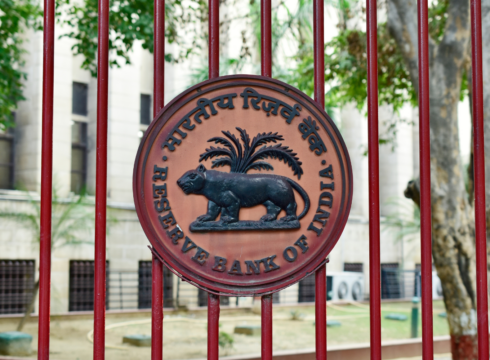The RBI Governor has stated the intention to adopt a principle-based framework for the authentication of digital payment transactions
Over the years, the Reserve Bank has actively introduced various mechanisms, such as Additional Factor of Authentication (AFA), to secure digital payments
Separate instructions for the framework will be issued soon
Inc42 Daily Brief
Stay Ahead With Daily News & Analysis on India’s Tech & Startup Economy
The Reserve Bank of India (RBI) governor Shaktikanta Das on Thursday (February 8) announced that the central bank will issue guidelines for a principle-based framework for the authentication of digital payment transactions.
During the monetary policy committee briefing, Das said that the bank has prioritised the security of digital payments, in particular the need for additional factor of authentication (AFA).
“Therefore, to promote the adoption of these alternative authentication methods and enhance the security of digital payments, a principle-based framework for authentication is proposed,” Das said.
Over the years, the RBI has actively introduced various mechanisms, such as AFA, to secure digital payments. Although the central bank did not specify a particular mechanism, SMS-based OTP has gained momentum. With technological advancements, alternative authentication methods have emerged.
Further, the RBI is proposing to simplify the onboarding process for aadhaar enabled payment system (AEPS) service providers like business correspondents, and introducing measures for fraud risk management. These initiatives are aimed at enhancing the efficiency and security of the AEPS system.
RBI has been closely monitoring the rapid growth of UPI in the digital payments space. In September last year, K Vijayakumar, the general manager of RBI’s Department of Payment and Settlement Systems, emphasised the necessity of increased investments in the digital payment industry to foster competition. Stressing the importance of investment and innovation, he highlighted the need for making the digital payment sector more competitive and inclusive.
Earlier, The Union government had allocated incentives amounting to INR 1,441 Cr for the promotion of digital payments during the fiscal year 2023-24 (FY24). This allocation, announced in the interim Budget 2024, was intended for the advancement of RuPay debit cards and low-value BHIM-UPI transactions (person-to-merchant).
Ensuring a secure digital transaction ecosystem is imperative today, and much progress has been made through government initiatives, policies, and tech innovations. The Union Budget’s focus on a risk-based KYC approach, especially for higher-risk merchants, reflects a proactive stance in enhancing e-KYC security and efficiency. Indian fintech companies are leveraging advanced technologies like contactless payments and tokenisation for data protection.
Note: We at Inc42 take our ethics very seriously. More information about it can be found here.


